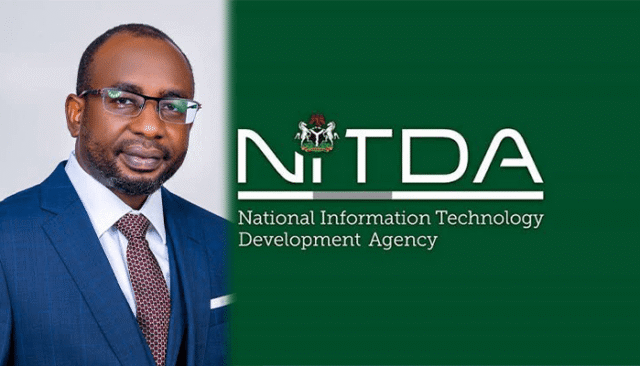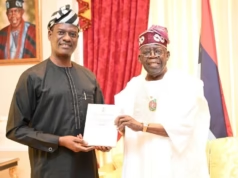Nigeria has taken a bold step into the digital future by officially embedding digital literacy in the national school curriculum. The National Information Technology Development Agency (NITDA) confirmed the development during the Grand Finale of the Tech4Dev Digital for All Challenge 2.0 held in Abuja.
According to Kashifu Inuwa Abdullahi, Director-General of NITDA, the decision is not just a policy update but a direct response to Nigeria’s urgent need to equip young people with the skills that define today’s economy. Speaking through Aristotle Onumo, NITDA’s Director of Corporate Planning and Strategy, Abdullahi explained that the policy aligns with the government’s vision of achieving 95 per cent digital literacy by 2030. In the short term, NITDA hopes to train and empower 30 million Nigerians by 2027.
“We are not merely preparing our young people for exams,” Abdullahi noted. “We are preparing them for a digital world where their survival and success will depend on technology.”
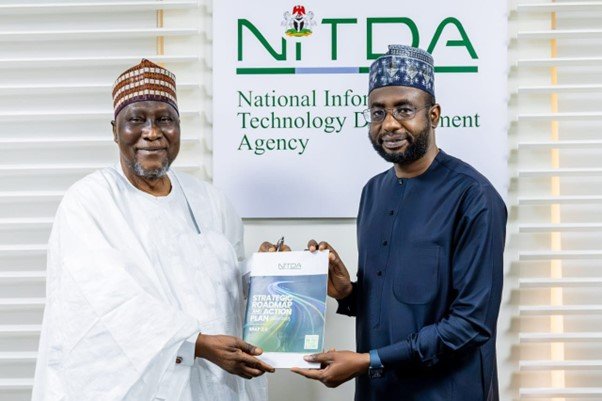
Table of Contents
Implementation: from classrooms to local governments
The integration of digital literacy is already underway in some institutions. At Nasarawa State University, for instance, digital literacy has been included as part of General Studies. Students are expected to graduate from their first year with internationally recognised certifications like Cisco accreditation.
But universities are not the only focus. NITDA is partnering with the Ministry of Education, the National Youth Service Corps (NYSC), and other stakeholders to ensure that digital literacy reaches all corners of the country. NYSC members are being trained as Digital Literacy Champions and deployed across Nigeria’s 774 Local Government Areas to provide grassroots training.
This decentralised approach is expected to close the gap between urban and rural learners, ensuring that digital education is not a privilege of the few but a right for all.
Beyond schools: digital literacy as a requirement for civil servants
The initiative goes beyond children and young adults. Civil servants will also be required to demonstrate digital skills to qualify for promotion exams. This signals a radical shift in Nigeria’s public service culture, where digital competence will soon become as important as years of experience.
At the event, Minister of State for Labour and Employment, Nkeiruka Onyejeocha, reminded Nigerians that employability is tied directly to digital capability. She stressed that “no nation can remain competitive in the global economy if its workforce is digitally illiterate.”
Similarly, Idongesit Udoh, adviser to the programme, explained that the initiative is anchored on three pillars: access, skills, and trust. Access ensures that citizens can connect to digital tools; skills equip them with the ability to use those tools effectively; and trust ensures a safe, ethical, and secure digital environment.
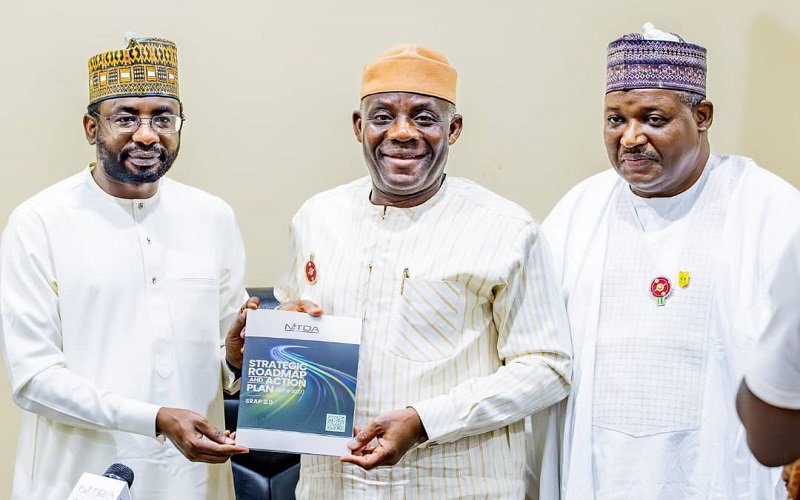
Results so far and the road ahead
The Digital for All Challenge, now in its second edition, has already reached over one million Nigerians with training, assessments, and competitions. The challenge rewarded outstanding performers with significant cash prizes: ₦15 million, ₦12.5 million, ₦10 million, and ₦7.5 million were awarded to winners across categories such as secondary school students, young innovators, and civil servants.
These success stories point to real progress, but challenges remain. Rolling out digital literacy nationwide requires infrastructure, skilled trainers, and reliable internet access — areas where Nigeria still struggles. Rural communities, in particular, risk being left behind unless deliberate investments are made in connectivity and teacher training.
Experts also warn that integrating digital skills into the curriculum is only the first step. To truly transform the workforce, Nigeria will need to continuously update the curriculum to reflect the fast-changing nature of technology. Otherwise, today’s digital skills could become obsolete tomorrow.
Why it matters: the bigger picture
Nigeria’s move to embed digital literacy into its curriculum represents more than just a government directive — it is a recognition that technology is now the language of opportunity. In a global economy increasingly powered by artificial intelligence, cloud computing, fintech, and remote work, young Nigerians who lack digital competence face the risk of being locked out of jobs and innovation.
For the civil service, tying promotions to digital competency could modernise public institutions, cut down inefficiencies, and reduce corruption through more transparent, tech-enabled systems. For citizens, access to digital education could mean new business opportunities, easier access to government services, and inclusion in the digital economy.
The road will not be easy. Infrastructure gaps, funding limitations, and resistance to change are real threats. But with clear targets, strong partnerships, and sustained commitment, Nigeria has a chance to turn its youthful population into one of its greatest assets.
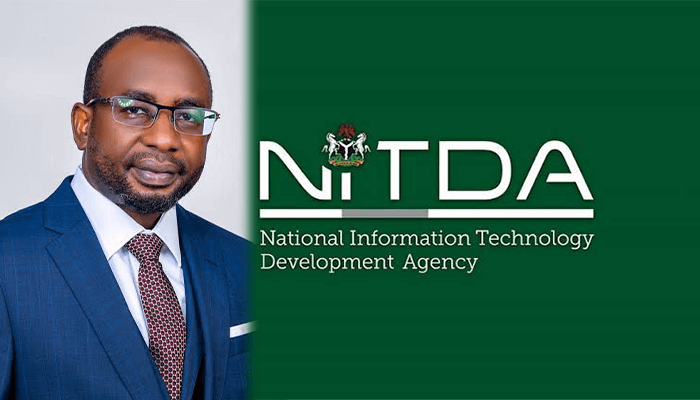
Final thoughts
Digital literacy is no longer a luxury; it is a necessity. By embedding it into the curriculum, Nigeria is making a statement: the future belongs to those who can adapt, innovate, and compete in a digital world.
If this policy is successfully implemented, the long-term rewards will go beyond classrooms and offices. It could redefine Nigeria’s economy, empower millions of citizens, and position the country as a digital leader in Africa.
Join Our Social Media Channels:
WhatsApp: NaijaEyes
Facebook: NaijaEyes
Twitter: NaijaEyes
Instagram: NaijaEyes
TikTok: NaijaEyes
READ THE LATEST EDUCATION NEWS


